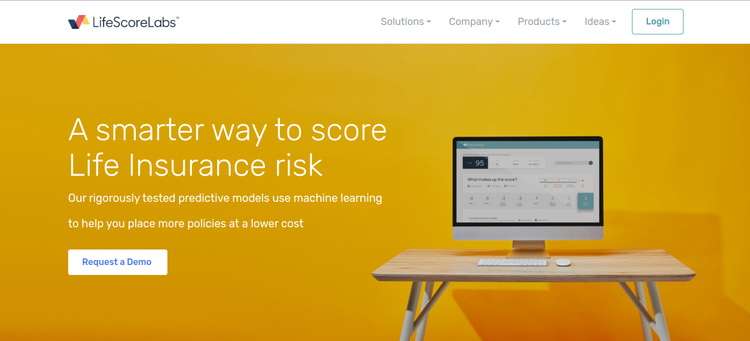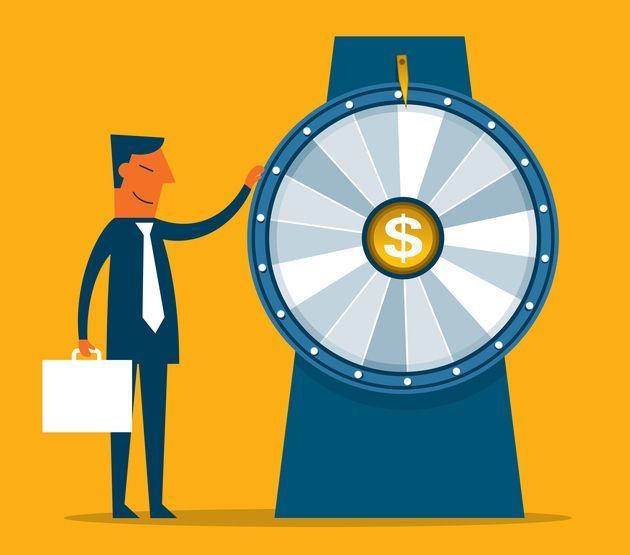Penton goes under
Penton is bankrupt.
The B2B publishing giant announced today that it is filing Chapter 11.
And as near as I can tell, the entire industry responded with a great, big yawn.
Because no one who pays any attention to B2B publishing could possibly have been surprised by the news.
Penton's announcement comes nearly a year to the day after I wrote that "I have no faith that a company that has a debt load the size of Penton's and is dependent on a troubled business model for cash flow, can ride out the economic downturn."
Well, now it appears that -- despite some desperate measures taken by Penton last year -- my lack of faith was justified.
So what does this mean for the folks who work at Penton?
Probably not much.
The company has squeezed just about everything that is squeezable, shrunk whatever could be shrunk, sold whatever could be sold, and shuttered the rest.
As a result, I don't expect that today's news will bring more layoffs or closures.
But in a sense, that's bad news.
Here's why:
If anything good was to come from the collapse of companies like Penton, Cygnus, RBI, Nielsen, Ziff et al it would be that those companies actually disappeared after they collapsed.
But what's happening instead is that these print-legacy, bond-selling dinosaurs get back on their feet and just lumber on ... holding on to valuable properties that could actually grow if they were owned by people with more vision and less debt.
It's a pity.
Penton, like many of its peers, employs some talented people who produce some valuable material. There's money to be made in that equation.
But unlike the days of old, there are not obscene levels of money to be made.
And as long as B2B's giant publishers hold obscene amounts of debt, then good people doing good work and producing moderate returns will always lead back to bankruptcy court.
Do you doubt it?
Consider this:
According to Folio magazine, the deal Penton has reached with its creditors as part of a pre-packaged bankruptcy deal would cut Penton's debt by some $270 million.
That's wonderful. It truly is.
But that leaves the company with some three-quarters of a billion dollars in debt. And adding insult to injury, Penton remains in the hands of the same people who borrowed too much, misunderstood the rise of the Web and then collected millions in management fees in exchange for their wisdom.
In other words, Penton and its peers may be dead ... but they're not quite dead enough that they won't continue to do harm.
(DISCLOSURE: Once upon a time I held the longest and most redundant title in B2B. I was the vice president for online content and editorial for Primedia Business Magazines and Media. That company later became Prism, which purchased Penton in 2006.)




